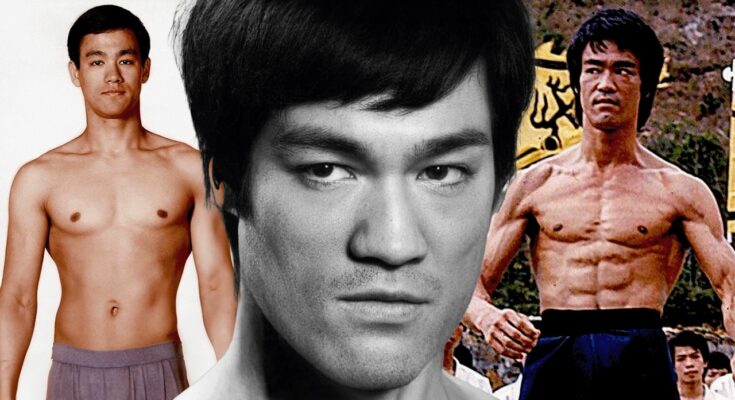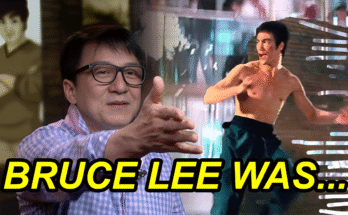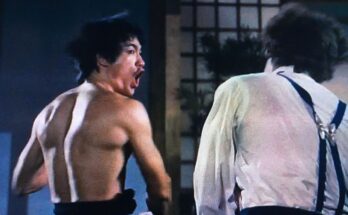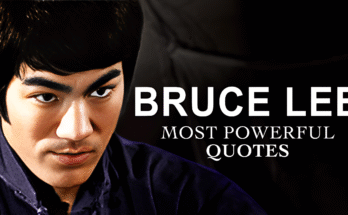The Rise and Fall of Bruce Lee

Bruce Lee’s story is one of extraordinary rise and tragic fall, a journey that left a permanent mark on martial arts, cinema, and global culture. Born in San Francisco in 1940 but raised in Hong Kong, Lee began acting in films as a child and trained in Wing Chun under the legendary Ip Man. In 1959, he moved to the United States to study philosophy at the University of Washington, where he also began teaching martial arts and developing his own philosophy of combat—Jeet Kune Do, a revolutionary approach that emphasized adaptability and personal expression over rigid styles. Despite his martial arts genius and magnetic screen presence, Lee faced racial discrimination in Hollywood. His idea for a show called The Warrior was rejected, with the concept eventually reworked into Kung Fu (1972) without him. Frustrated but undeterred, he returned to Hong Kong and signed with Golden Harvest, starring in The Big Boss (1971), Fist of Fury (1972), and Way of the Dragon (1972), which he also directed. These films made him a superstar in Asia and quickly gained international acclaim for their raw energy and realism.
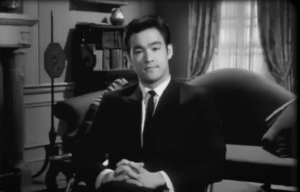
Bruce Lee’s global influence exploded, as he redefined not only martial arts on screen but also Asian identity in Western media. He trained Hollywood stars, challenged stereotypes, and bridged Eastern philosophy with Western action storytelling. Tragically, at the height of his fame, Lee died on July 20, 1973, at the age of 32. The official cause was cerebral edema, possibly caused by a reaction to the painkiller Equagesic. His sudden death shocked the world and sparked numerous conspiracy theories, from foul play to family curses. Just weeks later, Enter the Dragon (1973) was released and became a massive international hit, cementing his legacy as a martial arts legend. Even in death, Bruce Lee remained a powerful cultural icon. Statues, books, films, and documentaries continue to honor his memory, while his philosophies on self-mastery, freedom, and authenticity inspire people worldwide. His rise was meteoric, his fall heartbreaking, but his legacy remains unshakable—a symbol of discipline, strength, and the relentless pursuit of greatness.
